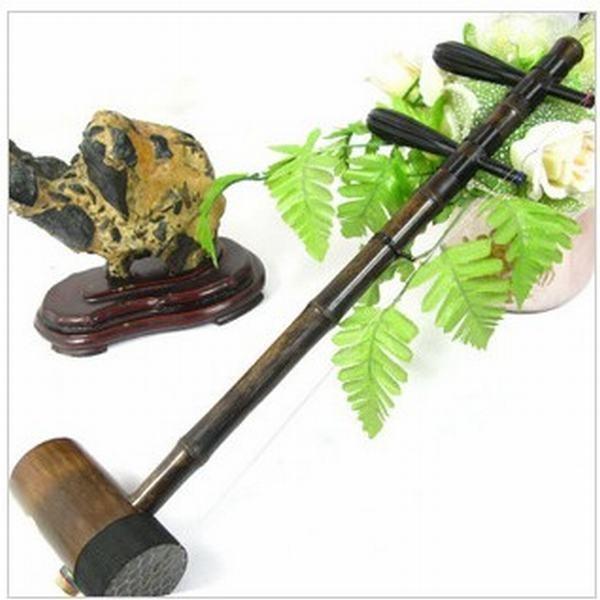Jinghu overview
 Jinghu (pinyin: jīng hú) is also known as Huqin. It is a traditional Chinese stringed instrument. At the end of the 18th century, with the formation of traditional Chinese opera Peking Opera, it was restructured on the basis of the stringed instrument Huqin. It has a history of more than 200 years and is the main accompaniment instrument for traditional Chinese opera Peking Opera.
Jinghu (pinyin: jīng hú) is also known as Huqin. It is a traditional Chinese stringed instrument. At the end of the 18th century, with the formation of traditional Chinese opera Peking Opera, it was restructured on the basis of the stringed instrument Huqin. It has a history of more than 200 years and is the main accompaniment instrument for traditional Chinese opera Peking Opera.Jinghu is mainly composed of piano rods, piano barrels, piano yards, strings and bows and other components. The drum of Jinghu is cylindrical, which is the acoustic resonance part of Jinghu. The vibration of the strings is transmitted to the drum through the bridge, which makes the air in the drum vibrate and emits a crisp and bright tone. When playing Jinghu, the performer puts the qin barrel on the left leg, presses the strings with the left hand, and plays the bow with the right hand.
In the early days, there was only one specification of Jinghu. After long-term practice by luthiers and performers, it developed into various specifications according to the different pieces of Peking Opera, and created several special Jinghus such as Xipi, Erhuang, Doll and Plectrum. The size of the low-key door Jinghu has been enlarged to meet the needs of the development of Peking Opera music.
- Chinese name:Jinghu
- nickname:Erguzi
- type:stringed instrument
- use drama:Opera, Peking Opera
- composition:Rods, barrels, bridges, strings and bows
overview of other similar instruments
- sanyanxiao overview
- Daguangxian overview
- Leiqin overview
- hahao overview
- yandundagu overview
- Han Xiaozheng overview
- Fang Xiang overview
- guanzi overview
- zhuqin (Dao Qin) overview
- zhuiqin overview
- bangzi overview
- three-stringed piano overview
- Gehu overview
- xiao overview
- xiaokonghou overview
- Konghou overview
- Sheng overview
- suona overview
- hulusi overview
- gushao overview
 渝公网安备 50010702504639号
渝公网安备 50010702504639号